Ask newer fans what the greatest musical of all time is and recency bias probably means the answer will be something like Rent or Les Misérables or Hamilton. Ask seasoned theater folk with wider frames of reference and Gypsy will usually land in the top three. For good reason. The 1959 warhorse is perhaps the ultimate tragicomic depiction of showbiz struggle, which makes it a strong contender for the ultimate Broadway musical.
It’s a cliché to call Rose, the archetypal pushy stage mother at the show’s center, the King Lear of musical theater. But that’s hard to dispute when you watch a consummate performer like Audra McDonald pour her heart and soul and every ounce of her gumption, her supple vocals and finely nuanced acting skills into the titanic role.
The six-time Tony winner humanizes this driven, achingly unfulfilled woman without ever softening her abrasive edges, her relentlessly self-serving determination, her refusal to prioritize her daughters’ well-being in her quest for the vicarious elation of stardom she herself feels she was denied. McDonald’s Rose is a monstrous product of her misplaced ambition — manipulative, exploitative, maybe even emotionally abusive. But she’s also a figure of shattering pathos.
It’s crucial to the show’s success that we feel some understanding for Rose despite her aggressively domineering nature — that we get the burning need that keeps propelling her forward after every setback. This a woman who remains oblivious to both the unhappiness of her daughters and that of the man who loves her, Herbie, played here by the dependably wonderful Danny Burstein with a touching optimism that eventually crumbles as he makes the crushing choice of self-preservation.
When it was first announced that McDonald would star in the fifth Broadway revival of Gypsy, it seemed natural to assume George C. Wolfe would undertake some kind of reappraisal. Investigating history — in particular Black American cultural history — while weighing its contemporary legacy is something of a specialty of the director, as seen in shows like The Colored Museum, Bring in ‘da Noise, Bring in ‘da Funk and 2016’s Shuffle Along, his last collaboration with McDonald and her last Broadway musical.
But this turns out to be a pleasingly old-fashioned production — not in the antiquated sense but in terms of honoring its historical context — down to scenic designer Santo Loquasto’s painted flats, Toni-Leslie James’ character-based costumes and the signature theatrical stage lighting for which Jules Fischer and Peggy Eisenhauer are renowned.
From the magnificent five-minute overture — one of the most thrilling in the American musical canon — to the stirring entr’acte at intermission, there’s a sense of occasion with this revival that suggests what it might have been like to attend a Broadway show in the 1950s or early ’60s.
The seemingly radical departure of casting Black and mixed-race actors as Rose, her daughters and other characters remains largely subtextual, though in McDonald’s performance there are subtle suggestions that Rose sees racism as one of many factors that have held her back, denying her the acceptance she craves. Even subliminally, the casting adds a different texture to the character’s grit and tenacity; she’s a force of nature because that’s what she had to be as a Black woman trying to get a foot in the door of the vaudeville circuit.
From her first number, “Some People,” it’s clear that McDonald’s classically trained voice will mark a change from the brassy template of the character, which was set in stone by the original Rose, Ethel Merman. (Broadway revivals since then have starred Angela Lansbury, Tyne Daly, Bernadette Peters and, most recently, Patti LuPone in 2008.)
Particularly when McDonald ascends into a softened version of her operatic soprano range, anyone who knows Gypsy from previous performers or cast recordings will be aware the score isn’t being sung in the usual manner. Some might say the star’s voice is not an ideal fit for the role — too pure, too warm, too elegant, maybe — but McDonald is a resourceful actress, more than capable of molding the role to her glorious voice. What’s arguably even more significant here is the complexity of her characterization. It’s a vitally inhabited, deeply felt performance that finds the vulnerability beneath the tough steamroller.
While any production of Gypsy sinks or soars on the back of its Rose, the musical — with its robustly crafted book by Arthur Laurents, suggested by the memoirs of Gypsy Rose Lee; its lustrous score by Jule Styne; and its sharp lyrics by the young Stephen Sondheim — is also a superlative example of the art form.
Drama, comedy, romance, elation and desolation are all fluidly threaded into the story, as are tunes that range from humorous numbers to intimate expressions of solitude to rousing reaffirmations of solidarity in challenging circumstances.
Then there are the two legendary showstoppers with which Rose closes the first and second acts. “Everything’s Coming Up Roses” is an impassioned, if deluded, announcement of imminent success, as if sheer force of will could make their big break happen. “Rose’s Turn” is the tragic meltdown of a woman suddenly questioning what the family has to show for all her sacrifice and monomaniacal focus, as it dawns on her that the dream she fought so hard to hold onto was more for herself than her daughters. This revival reminds us that in addition to being a top-tier musical, Gypsy is also a great, knotty play about the bonds and divisions of the American family.
While Rose is the engine of that family, her girls are the vehicle she believes will get them to their destination. Her youngest, Baby June (Marley Lianne Gomes at the performance reviewed), is the favored child. Bubbly and extroverted, she hard-sells her cutesy charms to hilarious effect in the act’s big song, “May We Entertain You.” Older sister Louise (Kyleigh Vickers) shuffles around the stage behind her, clearly showing no inclination to be a performer and wanting only to disappear. Instead of her mother’s approval, she gets criticism.
Wolfe and the design team stage the family’s bid to get the act on the Orpheum vaudeville circuit with a fun sequence during which Rose drives a jalopy from Seattle to Los Angeles, acquiring three stray lads along the way to serve (with Louise) as Baby June’s “Newsboys” in the new act. Which is basically the old act made over.
At their audition, Rose meets Herbie, a former agent now hawking candy. He encourages the child-averse theater owner to give them a shot, and after some artful flirting and cajoling from Rose, finds himself agreeing to be the act’s manager. McDonald is a delight in that scene and its accompanying duet, “Small World.” She demonstrates that Rose can beguile and seduce just as capably as she can ride roughshod over anyone posing an obstacle, establishing instant fizzy chemistry with Burstein’s lovable Herbie.
The age transitions of the younger characters and their years of touring vaudeville stages are deftly handled during one of many recycled versions of “Baby June and Her Newsboys.” While Rose insists that the clearly adolescent June (Jordan Tyson) is 9 and no one in the act is over 12, she does concede to minor modifications, overhauling their number as “Dainty June and Her Farm Boys.”
Meanwhile, Louise (Joy Woods) is increasingly relegated to the background, robbed of her childhood but also of the maternal love for which she yearns. Her sad birthday soliloquy, “Little Lamb,” sums it up with poignancy when she sings, “I wonder how old I am.” Even June grows weary of the spotlight and the same tired act. Her discontent yields a rare but lovely moment of sisterly affection when she and Louise sing “If Momma Was Married,” fantasizing about a life in which Rose wed Herbie and gave up on showbiz.
The unlikelihood of that happening becomes clear when June elopes with one of the “Farm Boys,” Tulsa (Kevin Csolak). Rose absorbs the shock and just for a moment seems defeated — until she decides with zero discussion to rework the act around Louise, never even registering her daughter’s dismay. McDonald channels that pivot from hopelessness back to half-crazed resolve into a knockout “Everything’s Coming Up Roses.”
The second act chronicles the hard slog of pushing a lousy act with an untalented lead on a dying vaudeville circuit. When Herbie, desperate to get them a paying gig, books them into a house of burlesque where they will appear as the respectable act to keep cops away, Rose is horrified.
But Louise, having grown more forthright, persuades her that they need the money. And despite her mother’s disdain for them, Louise makes friends with three resident strippers, Tessie Tura (Lesli Margherita), Mazeppa (Lili Thomas) and Electra (Mylinda Hull). In the show’s most indestructibly funny scene, the addlepated Electra mistakes Louise for a new stripper. When Louise demurs, explaining that she has no talent, Tessie responds: “To be a stripper, all you need to have is no talent!”
The laughs generated by the strippers’ priceless number, “You Gotta Get a Gimmick,” are shrewdly placed in the show as a moment of levity before the bomb drops with the ultimate evidence of Rose’s ruthless single-mindedness. When the lead stripper doesn’t show for a performance, Rose decrees that Louise will go on in her place, instructing her to remove a glove or drop a shoulder strap and always leave them wanting more. Thus, Gypsy Rose Lee is born.
This finally proves too much for Herbie, and in a devastating scene — played by Burstein with heartbreaking despair, humiliation and the weary knowledge that tearing himself away from Rose is his only option — he takes his leave. Only when she’s alone does Rose register the loss, but she still thinks of every exit as another person walking out on her, not as someone she has driven away.
When Louise unexpectedly blossoms, gaining poise and confidence in her new stage persona and becoming the highest-paid “ecdysiast” in the business, she gains control of her life for the first time. Her success leaves her mother stranded on the sidelines, no longer needed and forced to take an honest look at herself.
The result is “Rose’s Turn,” an extraordinary song that gives us a taste of the commanding headliner Rose might have been in her va-va-voom opening verses. But the bravado slowly falls away to reveal the broken shards of a life she suddenly sees as wasted. Alone on the bare stage, McDonald tears into the song’s rage and bitterness, the indignation as she seethes, “When is it my turn? Don’t I get a dream for myself?”
McDonald boldly pushes the performance almost into the grotesque as she seems to become Baby June, Louise and Rose all rolled into one. It’s a startling display of a broken character flailing herself raw, rightly earning the star a rapturous standing ovation.
I could pick faults with the production. Camille A. Brown’s choreography is more often busy than effective, notably in Gypsy Rose Lee’s Ziegfeld-esque “Garden of Eden” number, in which the chorus in sheer body stockings and strategic fig leaves look like they’ve stepped out of Showgirls. And Louise’s transformation from a shy kid just wanting her mother to notice her into a resplendent glamazon feels too abrupt. But rising star Woods looks so sensational in a Marcel wave and a shimmering red gown that she makes it work, a lifetime’s dejection melting away as Louise seizes her liberation from the shadows.
In any case, no minor flaw can diminish the impact of this masterful show in such a beautifully acted production — all of it orbiting around the blazing force that is McDonald.
Venue: Majestic Theatre, New York
Cast: Audra McDonald, Danny Burstein, Joy Woods, Jordan Tyson, Kevin Csolak, Lesli Margherita, Lili Thomas, Mylinda Hull, Marley Lianne Gomes, Jacob Ming-Trent, Jade Smith, Kyleigh Vickers
Book: Arthur Laurents, suggested by the memoirs of Gypsy Rose Lee
Music: Jule Styne
Lyrics: Stephen Sondheim
Director: George C. Wolfe
Set designer: Santo Loquasto
Costume designers: Toni-Leslie James
Lighting designers: Jules Fisher, Peggy Eisenhauer
Sound designer: Scott Lehrer
Music director: Andy Einhorn
Orchestrations: Sid Ramin, Robert Ginzler
Dance music arrangements: John Kander
Additional orchestrations & arrangements: Daryl Waters
Choreographer: Camille A. Brown
Presented by Tom Kirdahy, Mara Isaacs, Kevin Ryan, Diane Scott Carter, Wendy Federman & Heni Koenigsberg, Roy Furman
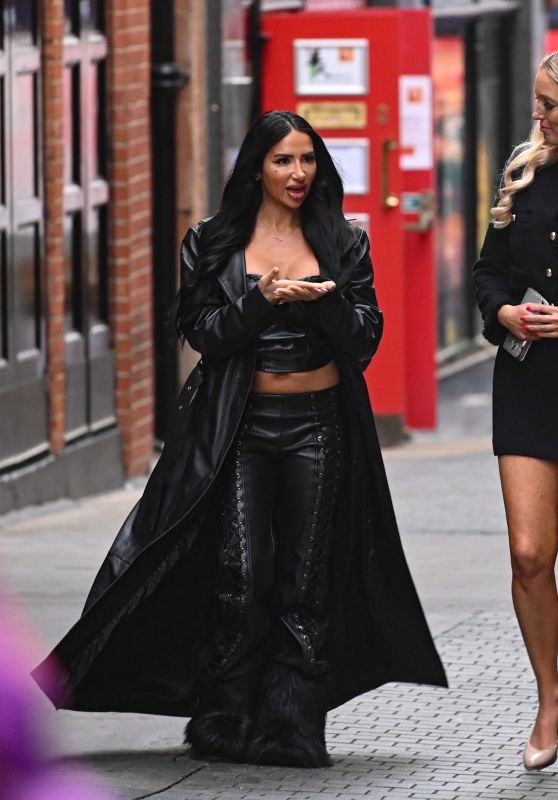
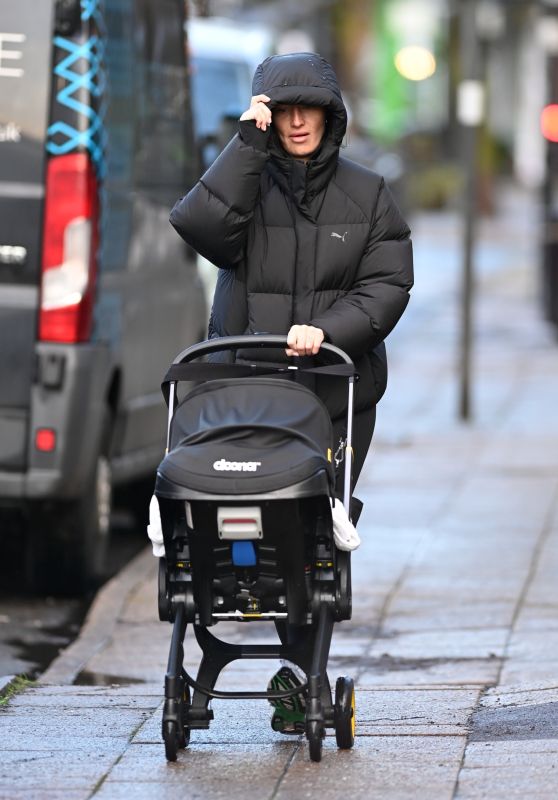
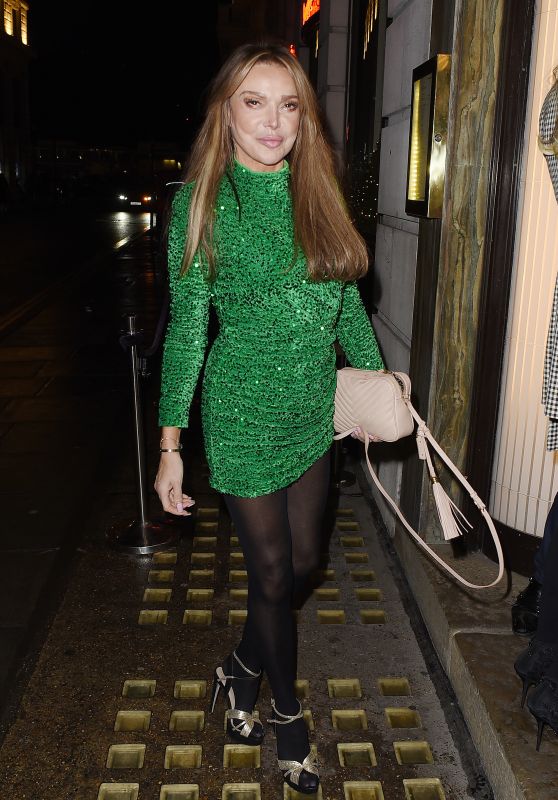
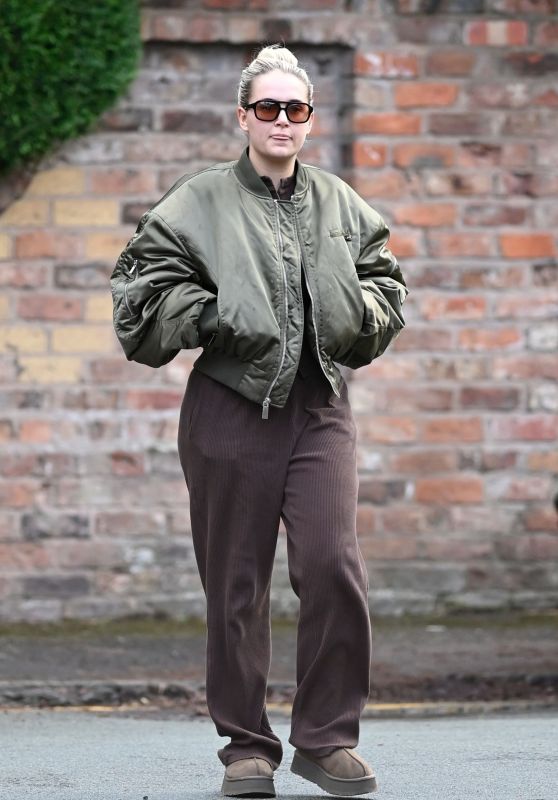
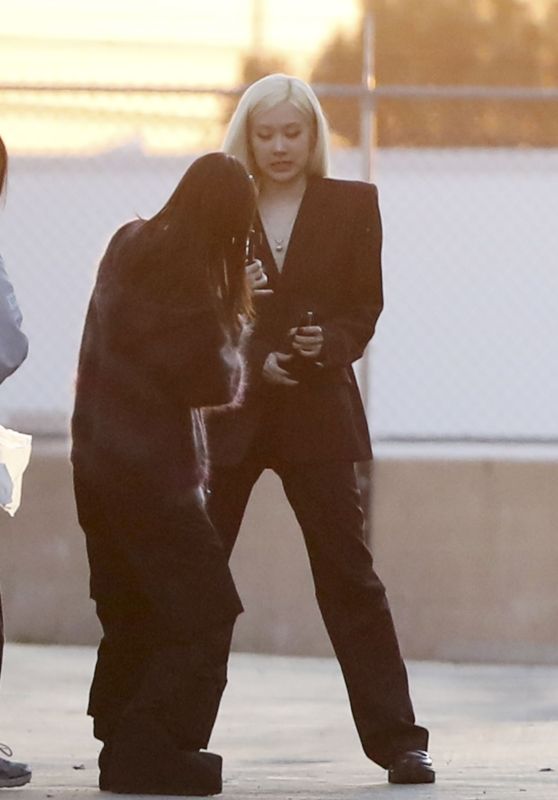





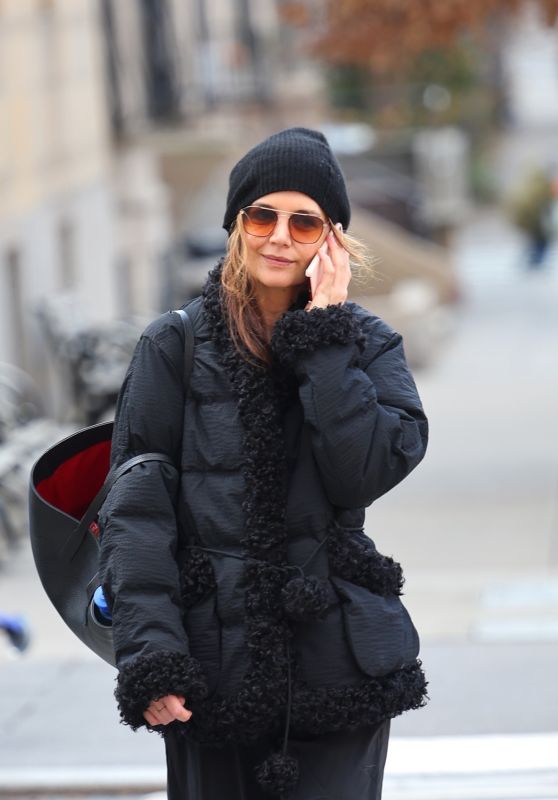









 English (US) ·
English (US) ·